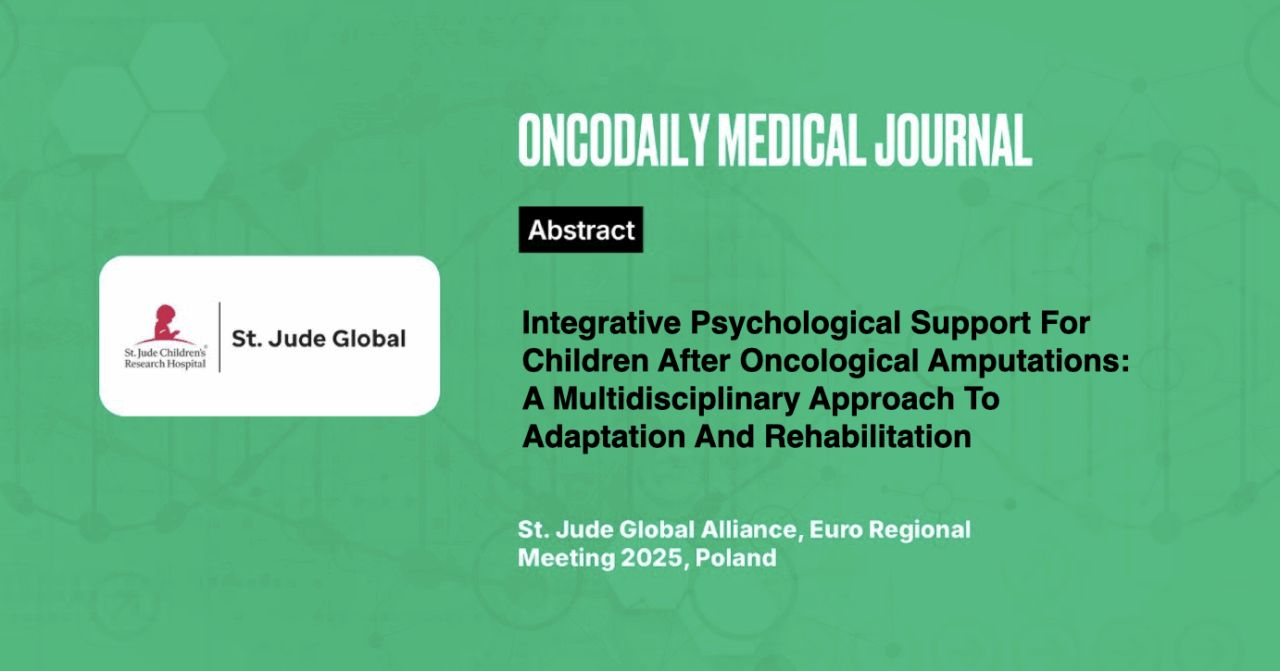Integrative Psychological Support For Children After Oncological Amputations: A Multidisciplinary Approach To Adaptation And Rehabilitation
Abstract
Introduction: The treatment of pediatric sarcomas often involves a combination of chemotherapy, surgery, and radiotherapy. Amputation, though sometimes necessary, presents significant physical and psychological challenges for young patients. Between 2019 and 2024, 33 oncological amputations were performed at IMiD. Due to their ongoing growth and development, children require a specialized, multidisciplinary approach to rehabilitation, integrating both physical and emotional support. The psychological impact of limb loss highlights the need for comprehensive post-amputation care.
Methodology: Standard operating procedures (SOPs) for pediatric oncology departments, nursing and rehabilitation care guidelines at IMiD, and protocols for psychological support were analyzed. The role of the multidisciplinary team in postoperative adaptation and rehabilitation was evaluated.
Results: Postoperative care was provided by an interdisciplinary team, including medical staff, rehabilitation specialists, psychologists, and nurses, in close collaboration with parents. Psychological support played a key role in helping children process their new reality, strengthen motivation, and facilitate emotional adjustment. Successful rehabilitation depended on early psychological intervention, continuous emotional support, and structured physical therapy. The engagement of parents and the child’s motivation—reinforced by psycho-oncological care—was crucial in achieving positive adaptation and functional outcomes.
Conclusion: The recovery process after oncological amputations in children requires a multidisciplinary approach that integrates medical, rehabilitative, and psychological support. A holistic care model, involving both professionals and the child’s family, significantly enhances adaptation and long-term quality of life. Given its impact on recovery, psychological support should be considered as vital as surgical and rehabilitative interventions in post-amputation care.





